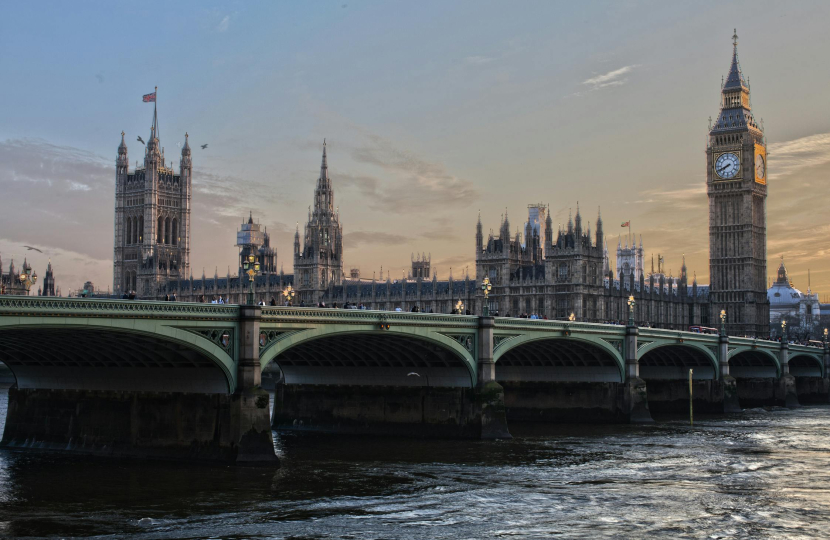
Understandably, I've received an unprecedented level of emails, letters and phone calls on this matter so I hope you will appreciate I cannot give a tailored reply to each of those who have contacted me. However, I have been so grateful and touched to read so many of my constituents' personal experiences on this matter, from both sides of the debate so please be assured I have taken into account all views.
Rightly, this is a debate that transcends politics and the cases described to me by constituents as well as those highlighted in the House of Commons Chamber today deserve the highest degree of compassion. I firmly believe that any debate on assisted dying should not detract from the vital importance of delivering high-quality palliative care.
As you may already know, I support a change in the law around assisted dying, which I have written about previously: Time to legalise assisted dying; my mum’s death proves it – Kevin Hollinrake (Yorkshire Post).
I've also outlined my views in several interviews, most recently here on Sky News.
I understand some of my constituents have concerns about the drafting of the Bill. Please be assured that the Bill will undergo full parliamentary and legislative scrutiny, as all bills do. Kim Leadbeater has consulted extensively with organisations to ensure the Bill is robust and comprehensive. The legislation has broad support across the UK, as confirmed by polling conducted by Dignity in Dying.
I'd encourage you to watch the debate held on 29th November if you are able to, as many of the concerns and core arguments are addressed. I've also copied some information below which may be useful.
The ‘Slippery Slope’
Some cite Belgium and the Netherlands, where laws are broader, to suggest a ‘slippery slope.’ However, Lord Falconer’s Bill is based on Oregon’s model, which is strictly limited to terminally ill, mentally competent adults. Oregon’s law has operated safely for over 17 years without abuse or expansion.
Risk to Vulnerable People
Evidence from jurisdictions where assisted dying is legal shows no adverse impact on vulnerable groups such as the elderly, disabled, or those with mental health issues. In fact, these groups are underrepresented in assisted dying cases. The proposed safeguards ensure all decisions are voluntary, informed, and rigorously regulated.
The Current Law Works
The current law leaves many people suffering. Despite advances in palliative care, some still die in pain. Others travel to Dignitas or take their own lives, often without support or safeguards. A change in the law would ensure compassion, regulation, and choice for those facing unbearable suffering.
This is a crucial and sensitive issue and I appreciate you taking the time to share your thoughts. If you would like to discuss this further, please don’t hesitate to get in touch.

